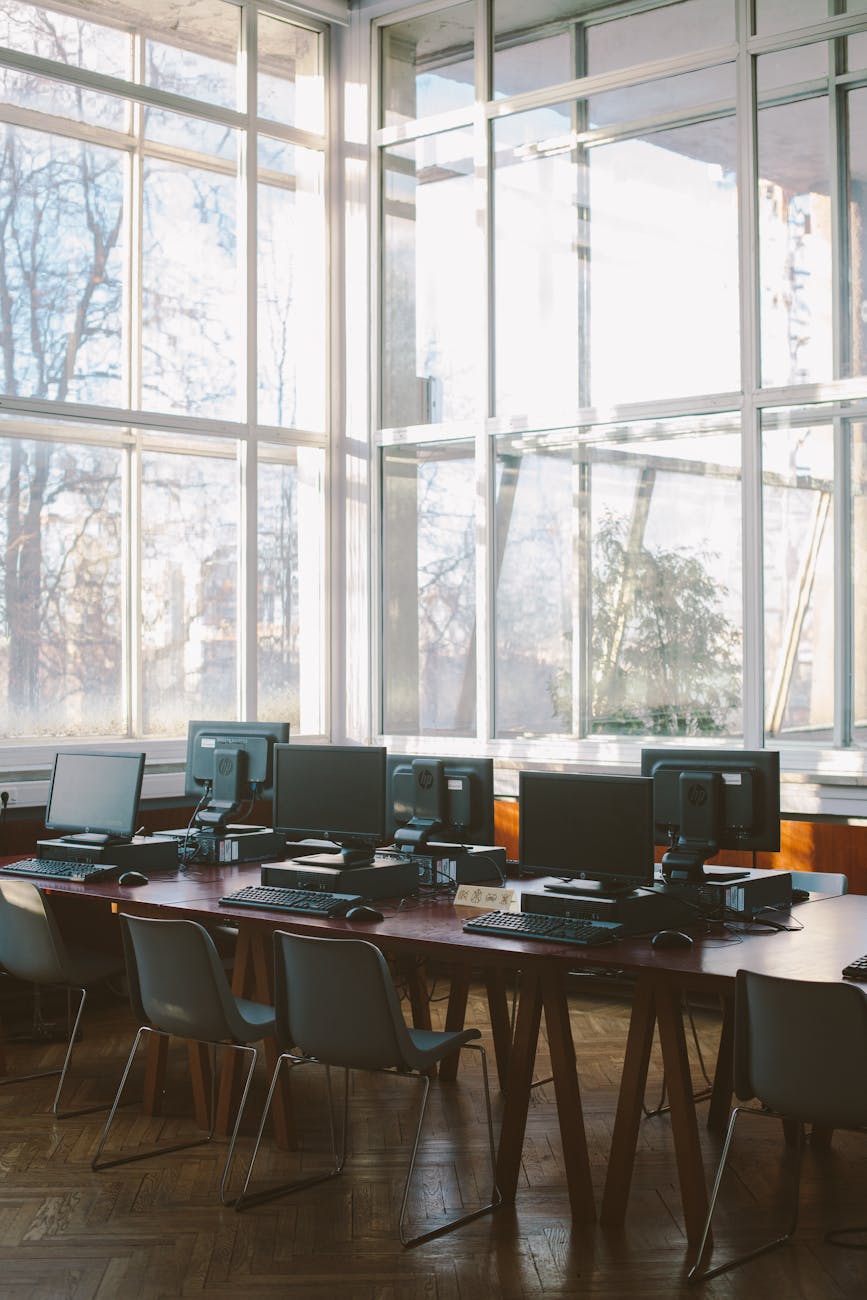Public computers are a common resource used by many individuals in various settings such as libraries, internet cafes, and co-working spaces. While convenient, using these shared computers requires caution to ensure your safety and privacy. In this article, we will explore some safe tips to master public computer use effortlessly.
Safeguard Your Information with These Practical Tips
When using a public computer, it’s crucial to protect your personal information and sensitive data from potential security risks. One of the first steps is to avoid saving passwords or logging into sensitive accounts on public computers. If possible, use private browsing mode or clear your browsing history, cookies, and cache after each session to prevent unauthorized access to your information.
Stay Alert and Watch for Suspicious Activities
Being aware of your surroundings is essential when using a public computer. Look out for any suspicious activities or people nearby who may be trying to observe your screen or steal your information. Ensure that the computer you are using has updated security software and is free from any spyware or malware that could compromise your data.
Use Secure Connections and Avoid Public Wi-Fi for Sensitive Transactions
When using a public computer for online transactions or accessing confidential information, it’s best to avoid using public Wi-Fi networks. These networks are often unsecured, making it easier for hackers to intercept your data. Instead, use a virtual private network (VPN) to create a secure connection and encrypt your online activities, protecting your information from potential threats.
Log Out and Securely Erase Your Data
Always remember to log out of your accounts and websites once you have finished using a public computer. Leaving yourself logged in can expose your sensitive information to the next user. Additionally, delete any files you may have downloaded, clear your downloads folder, and empty the recycle bin to ensure that no traces of your data are left behind.
Be Cautious When Inserting External Devices
Avoid using unknown USB drives or external devices on public computers, as they may contain malware or viruses that could infect the system and compromise your data. If you need to transfer files, consider using cloud storage or email as a safer alternative to avoid potential security risks.
Conclusion
Mastering the use of public computers requires vigilance and adherence to best practices to safeguard your privacy and protect your information. By following these safe tips, you can navigate the world of public computer use effortlessly while minimizing the risks associated with sharing a computer in a public setting. Remember to prioritize your safety and security whenever you utilize a public computer to ensure a smooth and worry-free experience.
In conclusion, being cautious and proactive is key when using public computers. By implementing these safe tips, you can navigate the world of shared computers with confidence and protect your valuable information from potential threats. Stay informed, stay safe, and enjoy the convenience of public computer use responsibly.



